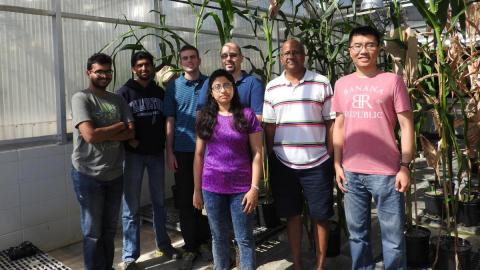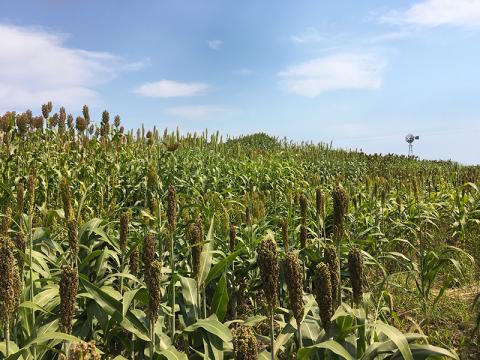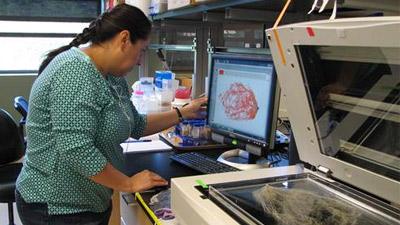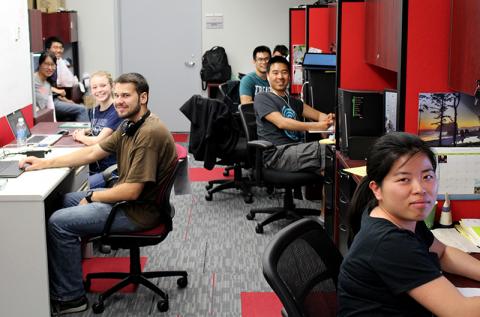Our Research
We promote innovative research in the area of plant phenotyping across multiple scales (i.e., from the growth chamber and greenhouse to the field), using the LemnaTec and/or Spidercam® phenotyping platforms to advance research in this area and address important research questions related to food security and the environment. The ability to accurately quantify plant phenotypic traits across multiple scales and their responses to the environment is essential in breeding, genetic, and physiological research to better understand genotype by environment interactions.
Collaboration
Faculty work in an interdisciplinary integrated teams (e.g., computational, statistics, biology, breeding, physiology, engineering expertise or any combination thereof) that emphasize the use of the LemnaTec and/or Spidercam® systems; contribute to improving existing, and developing new innovative and robust tools and algorithms for image and phenotypic data acquisition and analysis; and/or studies focusing on translating and scaling research from greenhouse to field or vice versa.

Recent Publications
Gaillard M, Benes B, Schnable JC, Miao C (2020). Sorghum Segmentation by Skeleton Extraction. CVPPP 2020 Sorghum Segmentation by Skeleton Extraction
Raju SKK, Thompson AM, Schnable JC (2020). Advances in plant phenomics: From data and algorithms to biological insights. Applications in Plant Sciences doi: 10.1002/aps3.11386
Atefi A, Ge Y, Pitla S, Schnable JC (2020). Robotic detection and grasp of maize and sorghum: stem measurement with contact. Robotics doi: 10.3390/robotics9030058
Gaillard M, Miao C, Schnable JC, Benes B (2020). Voxel carving based 3D reconstruction of sorghum identifies genetic determinants of radiation interception efficiency. Plant Direct doi: 10.1002/pld3.255




